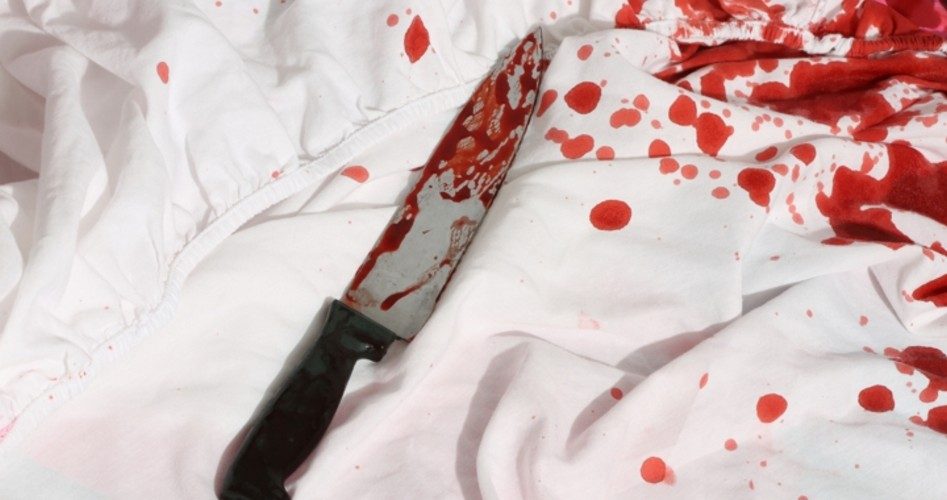
A Belgian woman allegedly murdered two of her children and tried to kill another because of guilt over an abortion, reported Australia’s 7News.
Julie Lambotte, a resident of the southern Belgian city of Hantes-Wiheries, aborted an unborn girl three years ago when the baby was found to have Down syndrome and a heart defect. (In Belgium, as in many other European countries, over 90 percent of Down-syndrome babies are aborted.)
Last Tuesday, as another anniversary of that fateful day approached, Lambotte allegedly snapped, drowning her 22-month old daughter, Orphee, in the bathtub, and stabbing her seven-year-old daughter, Ceres, and nine-year-old son, Thibald. Ceres died; Thibald is in the hospital in “serious but stable condition,” according to 7News.
Lambotte, who has been charged with murder and attempted murder, was only interviewed by authorities about the crimes this week. She allegedly told them that she killed her kids because she “missed her little girl,” i.e., the one who had been aborted. “Lambotte reportedly never managed to process the abortion because very soon afterwards, she became pregnant with Orphee,” penned 7News.
Perhaps, however, she processed it all too well and recognized it for what it was: the murder of an innocent child.
After all, despite what abortion advocates would have us believe, women who kill their unborn children frequently develop psychological problems as a result.
Between 2005 and 2010, more than 30 major studies found that many women suffer from “depression, substance abuse, and anxiety disorders, including Post Traumatic Stress Disorder (PTSD), as well as suicide ideation and behaviors,” after an abortion, wrote Bowling Green State University professor Dr. Priscilla Coleman.
“The literature now echoes the voices of millions of women for whom abortion was not a liberating, health promoting choice,” added Coleman. “A conservative estimate from the best available data is 20 to 30 percent of women who undergo an abortion will experience serious and/or prolonged negative consequences.”
A 2011 study by Coleman that was published in the British Journal of Psychiatry “found that women who opt to abort their babies nearly double their risk of mental health problems, compared to women who deliver their babies,” The New American reported at the time.
The Lancet also published a study in 2008 saying that “women choosing to terminate must be offered an appropriate package of follow-up care, which includes psychological counseling when needed.”
That same year, at a conference on men’s feelings of guilt after being involved in a decision to abort, psychologist Dr. Catherine Coyle said, “Those who grieve after an abortion need to realize that they are not alone. It is the compassionate thing for us to do to recognize that some people — men and women — have profound grief and suffering after an abortion. And if we are to be a compassionate society, we must validate their pain and provide the help they need regardless of where we may stand individually on the issue of abortion.”
Lambotte, apparently, was never afforded such assistance, and after three years of struggling with her own guilty conscience, she allegedly went on to take two more lives and to try to take a third. She is currently in the infirmary in the Bruges prison, awaiting assessment by psychologists.
Lambotte may receive some help now, but it will be too little, too late, particularly for the children she has injured or killed — including the one she never saw.
Image: skitzafrenic/iStock/Getty Images Plus
Michael Tennant is a freelance writer and regular contributor to The New American.


